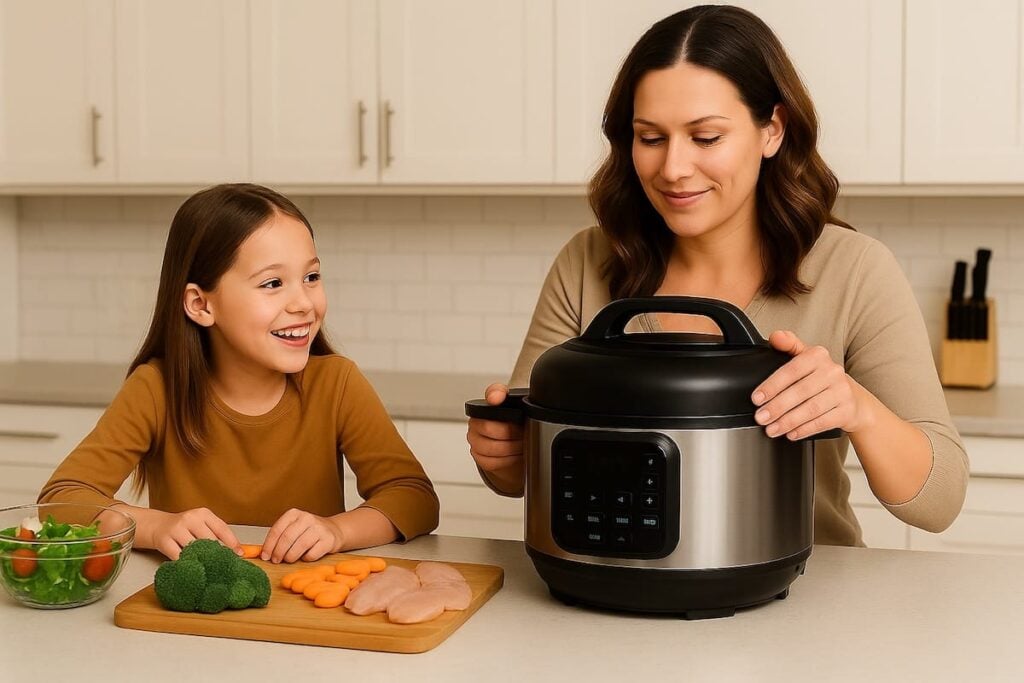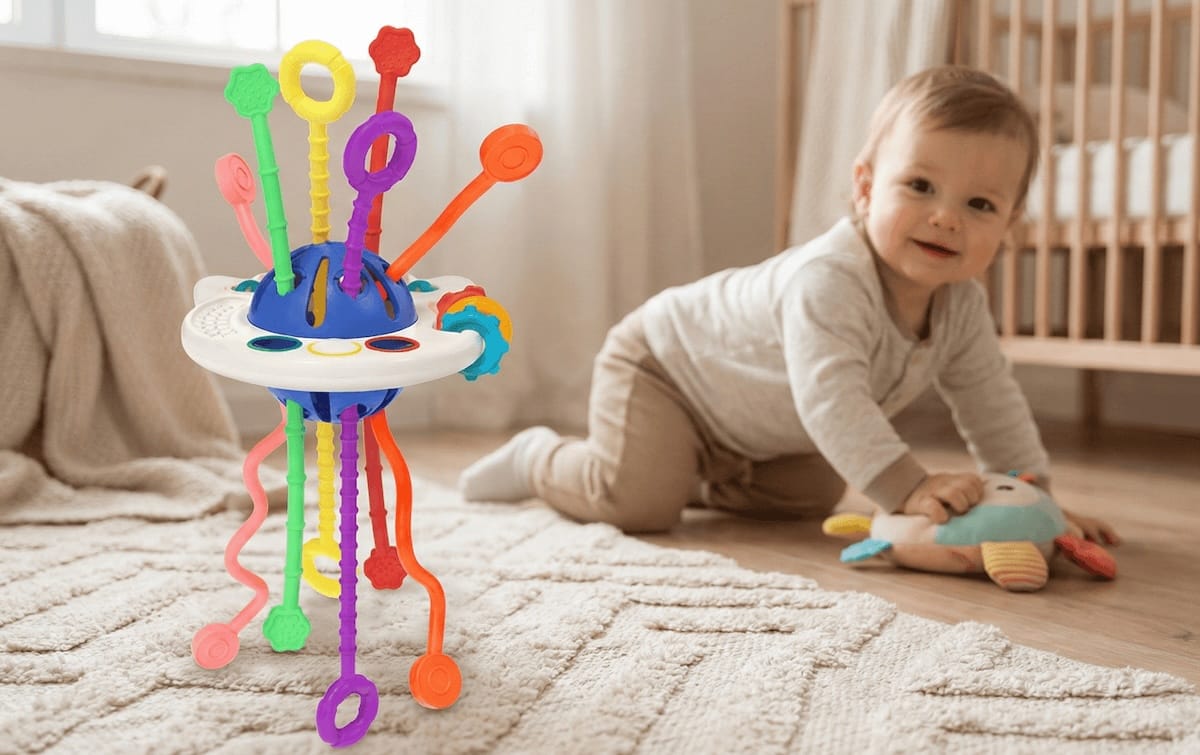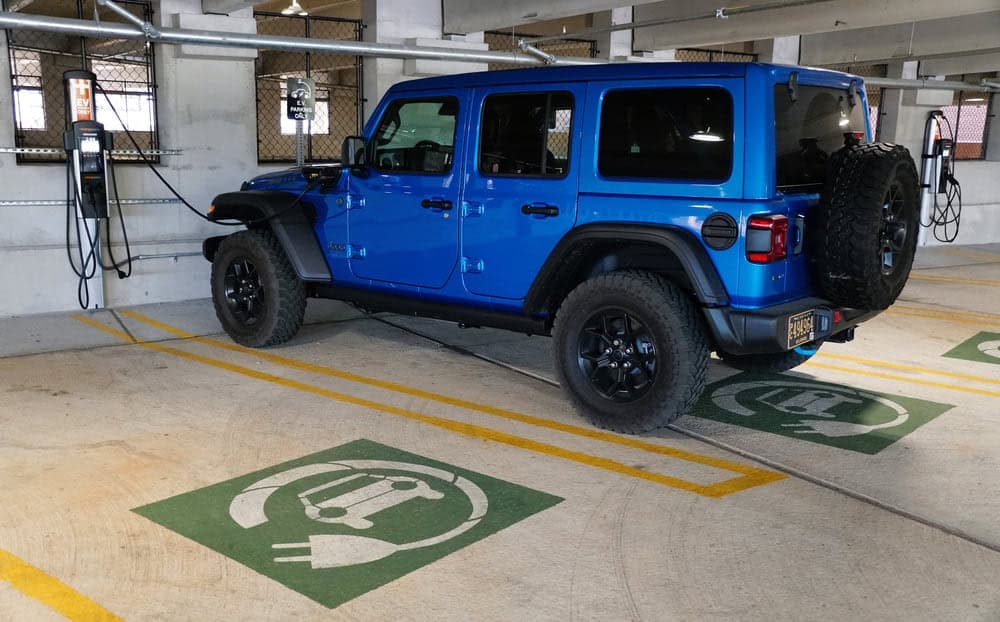Pressure cookers have become a staple for busy families who want to prepare hearty meals quickly. By sealing steam inside a sturdy pot, they build intense heat and pressure that cooks food evenly in a fraction of the usual time. Many people use them for roasts, beans, and soups that would otherwise take hours.
Why Pressure Cookers Can Be Dangerous
But that same pressure can also pose serious risks when something goes wrong. A defective design, a cheap part, or a failed safety valve can turn a helpful appliance into a hazard in seconds. Even experienced home cooks have suffered painful burns from a pressure cooker explosion that occurred without warning.
Manufacturers are required to design pressure cookers with strong seals, secure locking lids, and dependable pressure release systems. When these critical parts fail, the outcome can be devastating. Hot liquid and steam may shoot out forcefully, causing severe injuries to anyone nearby.
Common Injuries from Pressure Cooker Explosions
The most frequent harm from a pressure cooker accident is a severe burn injury. When a lid suddenly blows off or a gasket fails to hold the seal, scalding contents can spray across a person’s arms, chest, or face. Burns like these often require emergency care and long, painful recoveries.
According to the U.S. Consumer Product Safety Commission, more than 30,000 people visit emergency rooms each year for burn injuries involving ranges, ovens, and other cooking appliances. Many of these incidents involve products that operate under high pressure, such as pressure cookers, which shows just how common and serious these kitchen accidents can be.
Some victims need skin grafts or surgery for deep tissue damage. Exploding parts have also caused cuts, bruises, and even broken bones. Many people experience emotional trauma after being hurt in what should have been the safety of their own kitchen.
Injuries like these underscore the importance of manufacturers carefully designing and testing their products. A pressure cooker should never put a family at risk simply because it was used in an ordinary, expected way. A failure under normal conditions often points to a serious defect.
How Manufacturers May Be Liable
When a pressure cooker explosion injures someone, many people wonder who is legally responsible. Under California product liability law and federal consumer protection rules, manufacturers and sellers must make sure their products are reasonably safe. If they fail to meet that duty, they can be held accountable through a pressure cooker lawsuit.
Product liability laws allow injured consumers to seek compensation for defective products. Legal claims might involve a design flaw, a manufacturing error, or missing or unclear safety warnings. These cases do not require proving that the company was reckless or careless. The law focuses on whether the product was unreasonably dangerous when used as intended.
Even large, well-known brands can be held liable for injuries caused by defective pressure cookers. Laws like these exist to protect everyday people and make sure companies do not cut corners that put consumers in harm’s way.
What to Do If a Defective Pressure Cooker Injured You
If a pressure cooker explosion injures you or someone you love, there are essential steps to take right away. Always seek medical attention first. Burns can worsen quickly, and early treatment often makes a significant difference in recovery.
Save the pressure cooker and all its parts, including the lid, gasket, and any broken pieces. Avoid throwing anything away. Take clear photos of the appliance, your kitchen, and any injuries you may have sustained. Those images can serve as powerful evidence in a legal case.
Also, keep receipts, warranty cards, and packaging. Documents like these help show when and where the pressure cooker was purchased. Consulting a product liability attorney early can protect your rights and help preserve critical evidence.
Examples of Pressure Cooker Lawsuits and Recalls
Across the country, people have filed pressure cooker lawsuits after suffering serious injuries. Many of these cases involve popular brands such as Instant Pot, SharkNinja, and Tristar’s Power Pressure Cooker XL. Lawsuits often claim that locking lids failed, safety valves clogged, or the cookers lacked clear warnings about risks.
Some lawsuits have resulted in settlements where injured consumers received compensation for medical expenses, lost income, and pain and suffering. Other legal actions have prompted manufacturers to change their designs or issue pressure cooker recalls to protect future customers.
Holding companies accountable not only helps victims recover but also encourages manufacturers to improve product safety. Even well-known, widely trusted brands can have dangerous flaws that harm families.
How a Product Liability Attorney Can Help
Pressure cooker injury cases can be complex. Manufacturers and insurance companies often have teams dedicated to reducing the amount they pay out in claims. A skilled product liability attorney can investigate what went wrong, work with experts to examine the appliance, and build a strong case under California law.
Most attorneys who handle defective product claims work on a contingency basis. This means there are no upfront fees, and the attorney is only paid if a recovery is achieved. Having a lawyer also ensures your claim meets strict legal deadlines and requirements.
This lets you focus on healing while your attorney manages the paperwork, negotiations, and fights for fair compensation.
Final Thoughts on Staying Safe and Knowing Your Rights
Pressure cookers can be helpful tools when appropriately built and used with care. However, no amount of caution on the part of a home cook can prevent injuries caused by a defective appliance. If you followed instructions and still suffered a pressure cooker explosion, the responsibility likely lies with the manufacturer.
Holding companies accountable through a pressure cooker lawsuit does more than help one person. Legal action promotes safer designs and protects future families from facing the same harm. If a defective pressure cooker has injured you or someone close to you, it may be time to explore your legal options and make sure your rights are protected.
What to Do If Your Pressure Cooker Explodes
- Seek medical attention immediately.
- Preserve the pressure cooker and all its parts.
- Photograph the appliance, your injuries, and the scene.
- Keep receipts, warranty information, and packaging.
- Consult a product liability attorney to understand your rights and options.
Frequently Asked Questions
Can I sue if my pressure cooker was recalled?
What if I no longer have the receipt?
How long do I have to file a pressure cooker lawsuit in California?
Do I have to prove the manufacturer was negligent?
Have Questions?
If a defective pressure cooker has caused injury to you or a loved one, we’re here to help. Contact us for a free consultation to discuss your legal options.
Contact the AuthorAbout the Author
William Doyle is a product liability attorney and the founding partner of Doyle APC. For nearly thirty years, he has helped people harmed by dangerous and defective products recover compensation and hold manufacturers accountable.
Source: U.S. Consumer Product Safety Commission (CPSC)



